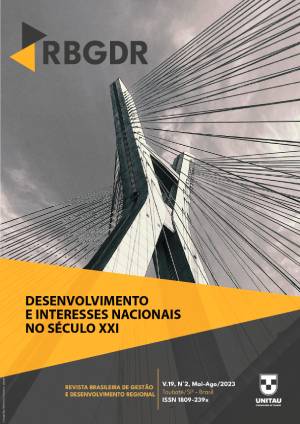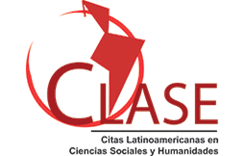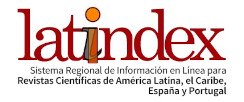CONTINUING EDUCATION TO FOOD WASTE MANAGEMENT
A SYSTEM DYNAMICS SIMULATION
DOI:
https://doi.org/10.54399/rbgdr.v19i2.6739Keywords:
Food waste, Continuing environmental education, Systems dynamics, Public policy, Municipal solid wasteAbstract
This study aims to evaluate the impact on municipal food waste management, comparing a prevention policy based on continuing environmental education program and a command-and-control policy. In a Brazilian city, four scenarios were analyzed using a system dynamics model. The results show that continuing environmental education is a good supplement to achieving the law goals. Hence together, they obtain the best results for food waste management. Few studies investigate the relation of continuing education to municipal waste management. Therefore, a better understanding of the impact of these actions in the long term is needed. Moreover, the research of dynamic simulation models as a tool to explore the interactions of environmental education and food waste management and assess the multidimensional impact of the policy is still rare and needs further study. The transition into a more sustainable food consumption through achieving food waste reduction and sustainable municipal solid waste management are great challenges considering the dependence on the individual behavior of citizens. Environmental education is a path to reducing food waste and promoting waste diversion. The study is socially relevant and helps policymakers take the necessary actions to optimize food waste management with social participation, so the paper brings an important gap and interesting result to claim for more interdisciplinary research.
Downloads
Metrics
Downloads
Published
How to Cite
Issue
Section
License
Copyright (c) 2023 Revista Brasileira de Gestão e Desenvolvimento Regional

This work is licensed under a Creative Commons Attribution-NonCommercial 4.0 International License.
Authors who have their papers accepted and published in the Brazilian Journal of Regional Management and Development must agree to the copyright policy CC BY https://creativecommons.org/licenses/by/4.0/.
If the article is accepted for publication, the copyright is automatically assigned to the Brazilian Journal of Regional Management and Development.


















